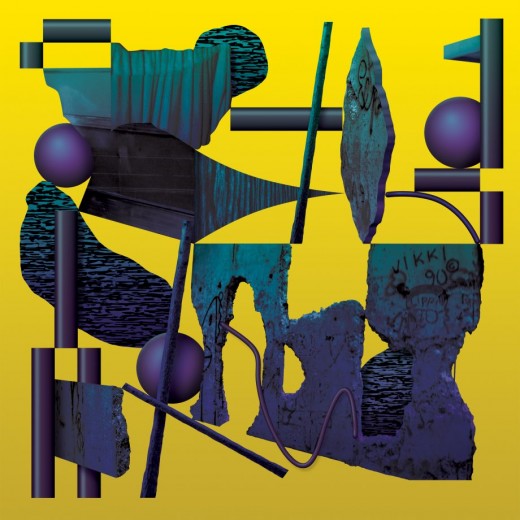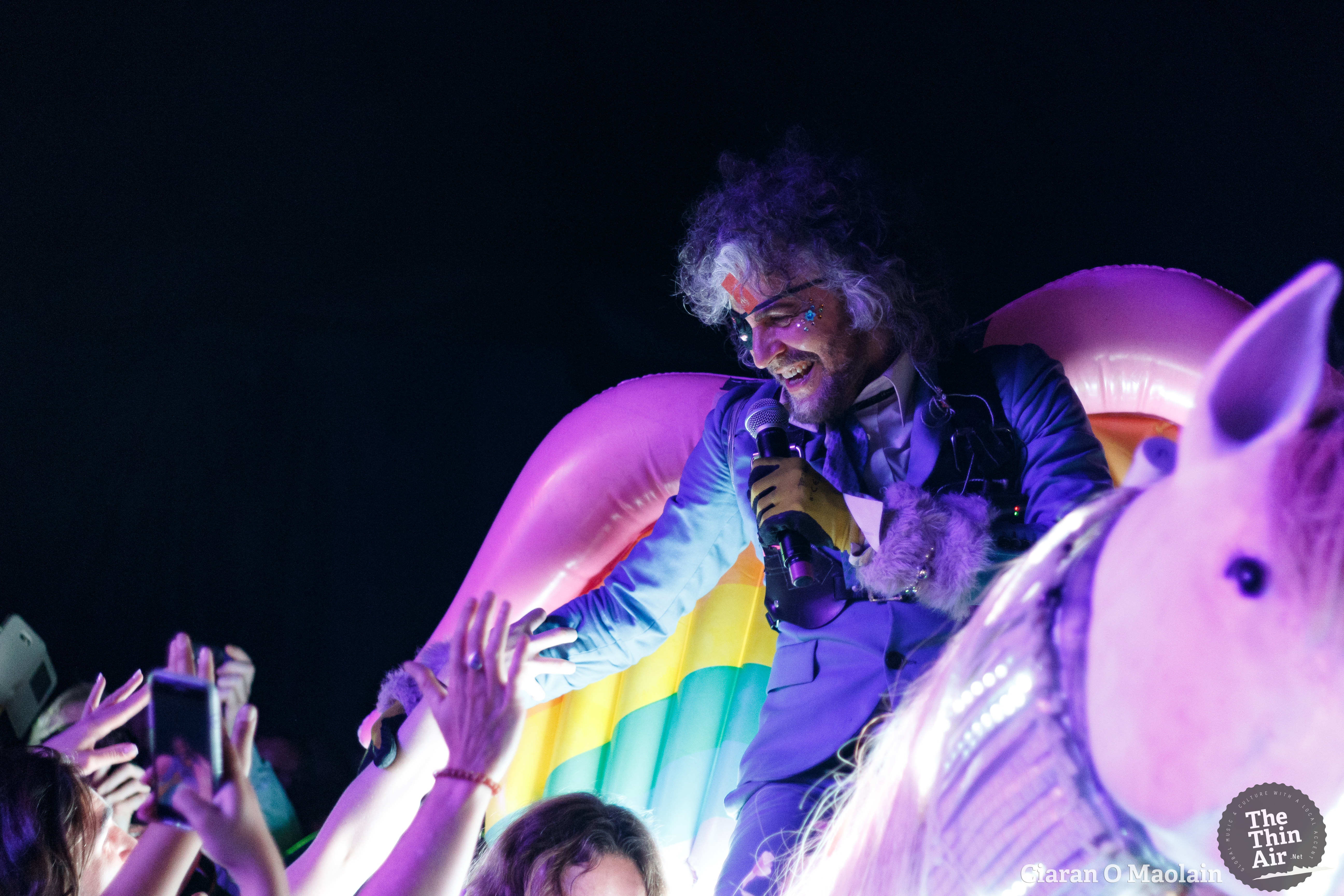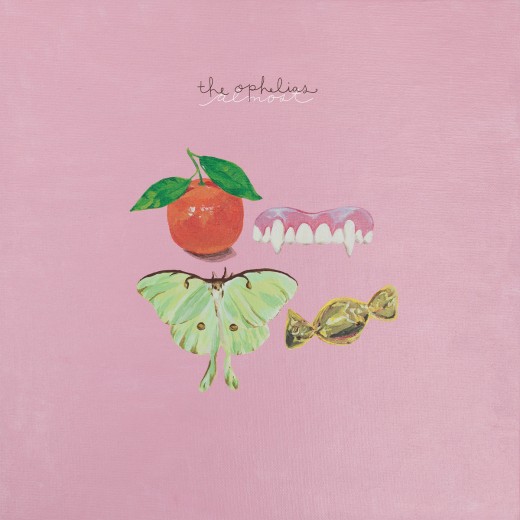What is it about the past that fascinates us? What is it that allows us to romanticise and dream of places that we can’t ever return to? Is it because they are out of our reach that so too is the disappointment that often arises from getting what we desire? Nostalgia is a fickle thing, and in its use we often become completely submerged in our own warped perception of the past, ignorant to all but the glamorous detail. When we incorporate this almost artificial warmth into the lucid and veritable memories of our families, the intoxication becomes all the more dangerous, blurring the line between what we know and what we feel.
Felix Clary Weatherall (AKA Ross From Friends) utilises this hazy uncertainty throughout Family Portrait, his long awaited debut album. The incongruence that flows into his appreciation of the past teeters along the lines of desire, emerging first in single ‘Pale Blue Dot’. The video wistfully shows how his mother and father met; brought together by a string of coincidences and a peculiar freedom to create. An erratic beat takes us in its balmy grip as we learn that Weatherall’s father, having built up a soundsystem playing at squat parties around London, wanted to see Europe. He acquired a van, putting out the word to acquaintances about his expedition. This caught the attention of Weatherall’s mother (barely an acquaintance at the time) who offered to document the trip, so they travelled through Europe, setting up impromptu raves in whatever space they could find so share their passion with the locals. Pushed by an orchestra of rising and dissipating synths, the track melts away into the video and makes for an irregularly genuine sense of nostalgia; the clips aren’t astonishing, but in their regularity become sentimental even to us as strangers to this family footage.
The erratic stance of ‘Pale Blue Dot’ is not an isolated event, however, as the entire album is almost overwhelmingly pedantic, pointing towards the infamous sitcom character from which Weatherall’s stage name is derived. “I tried to be careful with every single sound” he said in album’s press release, and it is something that he prides himself on. Ironically, it is this caution that leads to the explosively compact trance that envelops the entire album, transmuting each track from singularity into one feverish ascension of emotions. Every beat, enamoured synth, and scintillating folly is scrupulously placed in the space around you as to appear borderline haphazard in the same way as innumerable knick-knacks in an antique store. On ‘Family Portrait’ an eerie ’80s synth-wave meets a nocturnal cricket chirp, while ‘Back into Space’ breathes snippets of hushed speech over a celestial like soundscape, pushing the edges of the song outwards until they concede and come crashing back to earth with the irregular sound of a purring cat.
While the gossamer of astral chasms adds cool undertones, these are often met with writhing waves of heat. ‘Thank God I’m a Lizard’ sees a metallic scratch pull in and out of frame, the line “Thank God I’m a Lizard” repeating indefinitely, Weatherall’s sarcastic thank you for being susceptible to emotions. The jarring iridescence freezes us in place until brilliant rising horns bring warmth to the overwise shivering track, and you feel it then, the antagonistic temperatures harmonising in an elegant dance that plunges us into a pool of scorching hot sand.
This album is a family portrait filled with admiration, joy, and appreciation. Through the love expressed for the past we gather wistfulness and feverish infatuation resting in the corners of every subdued snare hit and shivering vocal sample. This romanticised view of times gone by is meticulously crafted to the point where listening leaves us within the layers, fumbling around in a space crowded with a family noise that is not our own. We reach out to find a hand, and Weatherall leads us back to the beginning. Mitchell Goudie






